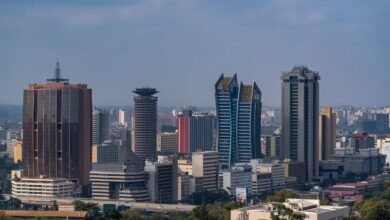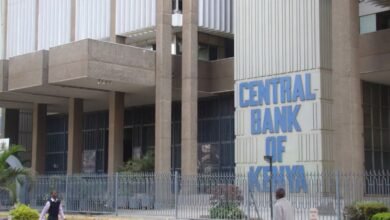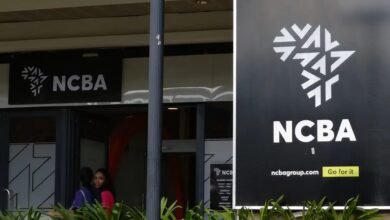
Johannesburg, renowned as Africa’s wealthiest city due to its high concentration of businesses and millionaires, is grappling with a staggering 221 billion rand ($12 billion) shortfall needed for maintenance and upgrades of its deteriorating road, power, and water infrastructure.
This funding gap was discussed by the city council last month, with details outlined in documents obtained by Bloomberg.
The city is currently suffering from frequent power outages, attributed to failures in the distribution network.
Additionally, road maintenance issues have left potholes unattended for months, and some areas experienced water shortages for up to 11 days in March.
The backlog of necessary work poses risks to public safety, economic stability, and the environment. The city warned that neglecting these issues could lead to further road deterioration, unsafe bridges, flooding, and more accidents.
Johannesburg, home to approximately 5 million people, has faced financial and political instability in recent years. The city has seen eight mayors since 2019 due to shifting political coalitions.
Also Read: : South Africa Issues First Operating License to 39 Crypto Firms
The current ruling coalition, led by the African National Congress (ANC) and Economic Freedom Fighters (EFF), which hold 119 seats between them, has installed a mayor from the Al-Jama-ah party, despite it having only three seats in the 270-member council.
In contrast, at the national level, the ANC, which lost its majority in the May elections for the first time in three decades, has formed an alliance with the Democratic Alliance and other parties to govern the country, with the EFF in opposition.
Last month, Johannesburg’s council implemented above-inflation rate increases for utilities and services and secured a 2.5 billion-rand loan from the Agence Francaise de Developpement despite opposition objections.
According to Bloomberg, the City of Johannesburg did not respond to multiple requests for comment.
The documents reveal that the city has consistently missed its annual water infrastructure investment targets since at least 2008. Additionally, City Power, the city’s electricity utility, has urgent upgrade and replacement needs to ensure network reliability and safety.
Another document, dated March 6, indicates that the city is struggling with revenue collection from major customers, including government departments and companies, with 6.1 billion rand in payments overdue by more than 90 days.






I’d like to thank you for the efforts you have put in penning this
site. I’m hoping to check out the same high-grade content by you later on as well.
In fact, your creative writing abilities hhas motivated me too get my very own site now 😉 https://Dolphinplacements.com/companies/22bit-22bit-casino12/